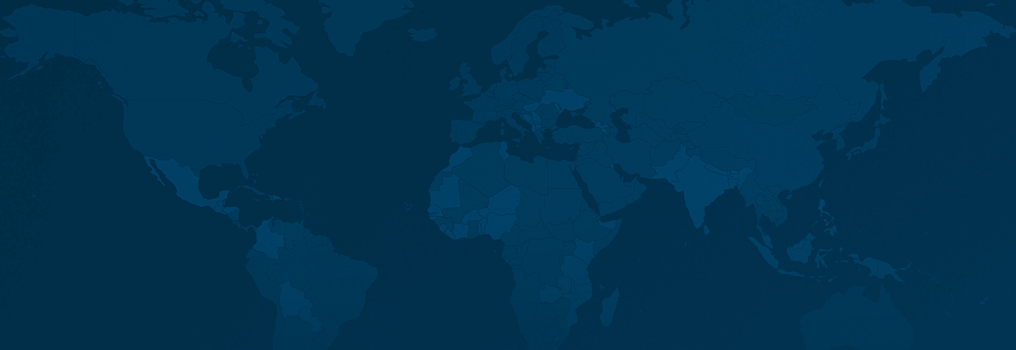


Guyana
Guyana is a parliamentary democracy with a robust civil society. However, elections held in 2020 were marred by attempted fraud. The harassment and intimidation of journalists, often by the government, has affected press freedom in recent years. Crime, police violence and corruption, and discrimination against Indigenous and LGBT+ people remain significant problems. The exploitation of offshore oil reserves has made anticorruption reforms urgent.
Research & Recommendations
Guyana
| PR Political Rights | 30 40 |
| CL Civil Liberties | 43 60 |
Overview
Guyana is a parliamentary democracy with a robust civil society. However, elections held in 2020 were marred by attempted fraud. The harassment and intimidation of journalists, often by the government, has affected press freedom in recent years. Crime, police violence and corruption, and discrimination against Indigenous and LGBT+ people remain significant problems. The exploitation of offshore oil reserves has made anticorruption reforms urgent.
Democratic governments and donors must increase and sustain support for those working to defend and promote fundamental freedoms around the world. Failure to do so emboldens autocrats and can result in the loss of hard-won progress.
The events of the past year in places such as Nagorno-Karabakh and the Gaza Strip provided stark evidence that populations without self-determination are at greater risk of extreme human rights abuses or atrocities.
At least 40 countries are holding national-level elections in 2024, and many more will conduct other types of balloting. Free and fair elections are a cornerstone of any democracy, and independent and transparent electoral processes are necessary to foster genuine competition and public trust.




